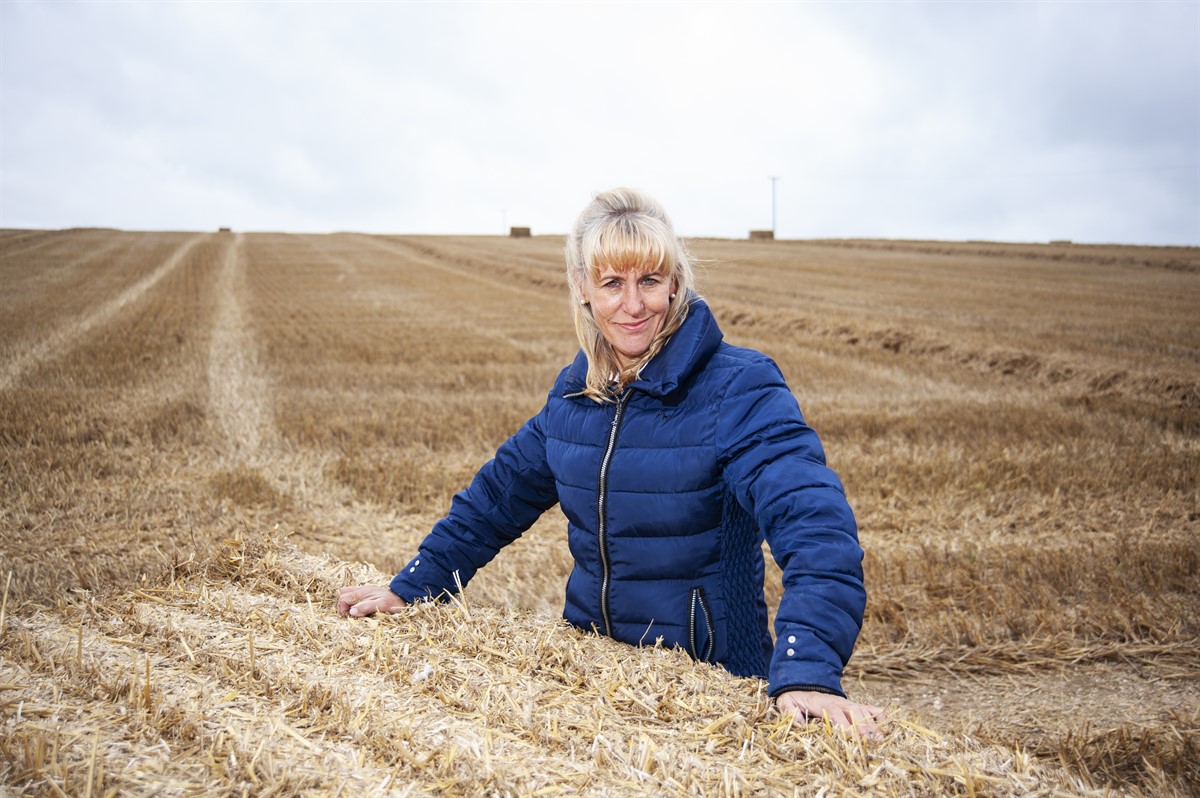The CPTPP (Comprehensive and Progressive Agreement for Trans-Pacific Partnership) was agreed in principle on 31 March following two years of negotiations between the UK Government and the 11 countries that make up the group.
This is the third trade agreement that the UK has negotiated from scratch since Brexit.
More competition for British meat producers
Through the CPTPP, the UK has granted access to all of our agricultural sectors, including our most sensitive beef, poultry meat and pigmeat markets.
NFU President Minette Batters acknowledged that “compared to the deals struck with Australia and New Zealand, the government has negotiated a far more considered and balanced outcome, particularly with respect to managing market access in our most vulnerable sectors”.
Nevertheless, the NFU still has concerns about the cumulative impact of trade deals on British food production. Small volumes of high value cuts could have a significant effect on our domestic producers.
The UK government is negotiating further deals – for instance with Canada and Mexico – which could mean further access to these markets.
Minette reinforced her commitment to “continue to press government to ensure its domestic policies are aimed at improving the competitiveness of British farming and strengthening our domestic food security”.
“I am pleased to see that the Prime Minister has stuck to his word and the government has negotiated a far more considered and balanced outcome.”
NFU President Minette Batters
Opportunities to seize
UK agricultural producers will benefit from increased access to the CPTPP market and there is opportunity to expand our exports of high-quality UK produce.
On average, UK agri-food exports to CPTPP members accounted for 9% of total exports by value (2017-2019 average). The South East Asian economies present the most opportunity for UK exports.
Joining the CPTPP will make this trade easier and should help grow the value and volume of our dairy exports to the Americas, poultry to Vietnam, or sheep meat to Malaysia.
Commitment to food safety standards
One of the NFU’s key asks of government is to ensure that world-leading British agricultural standards are upheld during negotiations of any future trade deals.
Minette commented that she was pleased to see in the CPTPP agreement that “government continues to maintain its commitment to our food safety standards”.
“It is an absolute red line for us that food produced using practices that are illegal here – for instance, the use of hormones in beef and pork production and chemical washes for carcases – should not be allowed on our market,” she concluded.
NFU keeping close eye on future deals
While the agreement has now been announced, the UK’s formal accession to CPTPP still has some way to go.
What is the CPTPP?
It is a trade agreement between 11 Pacific Rim nations: Australia, Brunei, Canada, Chile, Japan, Malaysia, Mexico, New Zealand, Peru, Singapore and Vietnam. It covers a combined population of more than 500 million. The UK is the first new nation to join the pact since it was set up in 2018.
There will be a formal signing over during the summer, and then various ratification processes in both the UK and other member countries.
The UK’s Trade and Agriculture Commission will have to make an assessment of what the deal means for UK standards. The government will also have to lay an international treaty in parliament for MPs to consider.
The NFU wants MPs to fully assess, debate and vote on trade deals. Under the current system there is very limited opportunity for MPs to make any changes once the government strikes the deal. The NFU would like to strengthen the role of MPs in negotiating and concluding trade deals.
We will also continue to lobby government to ensure farmers get the support they need to help them get 'match ready' for increased competition from imports on our market.
The UK is currently renegotiating the rolled-over trade agreements with Canada and Mexico – both also members of CPTPP. It is crucial that the UK avoids 'paying twice', granting further market access concessions for our sensitive sectors to those countries. To make any more concessions will mean opening up our markets to unmanageable volumes of produce which will damage British farming businesses and risk putting them out of business.

